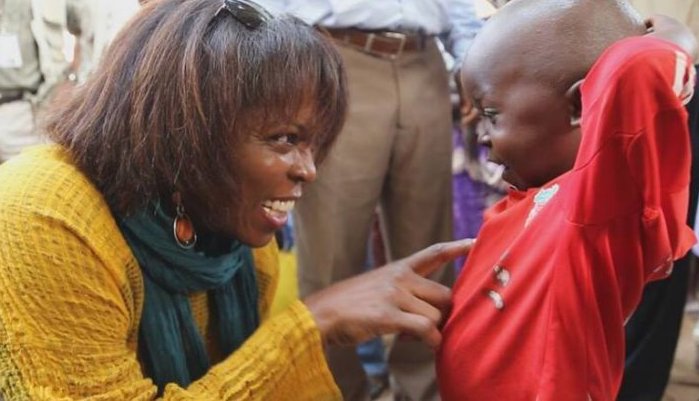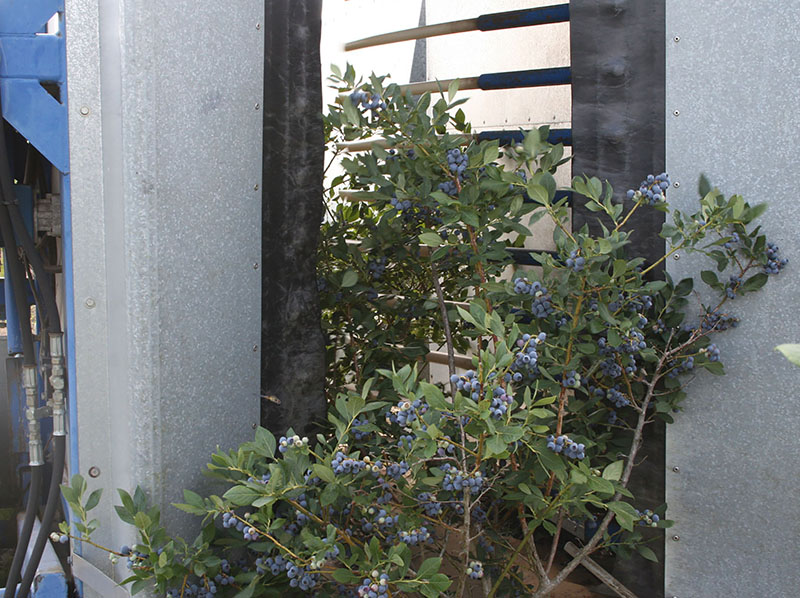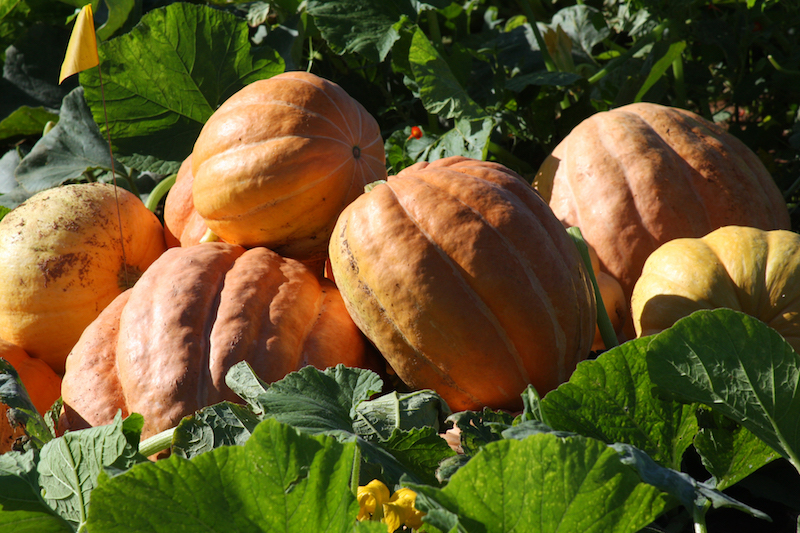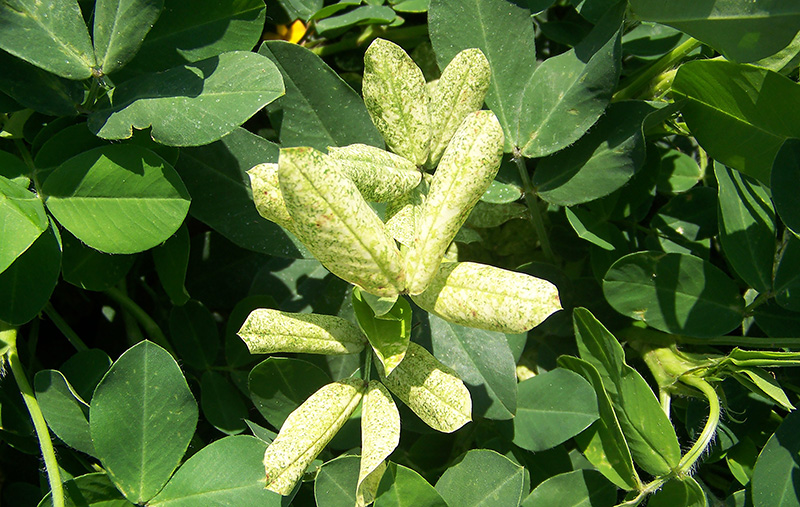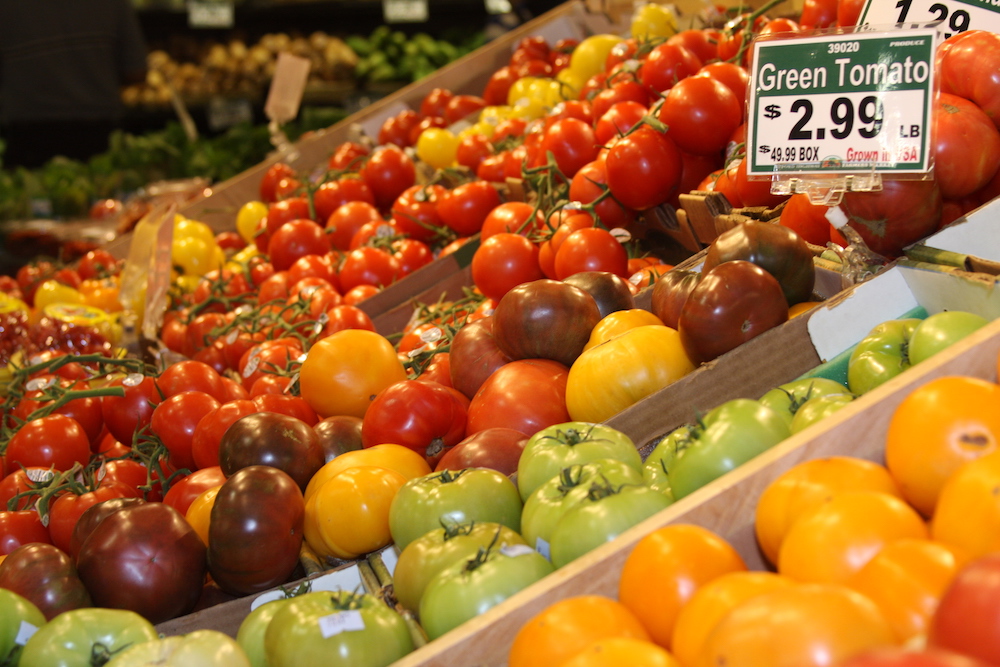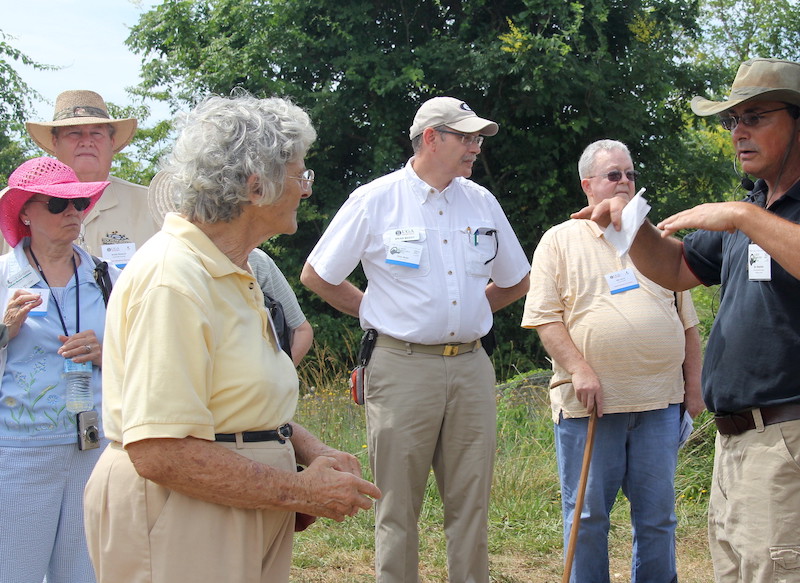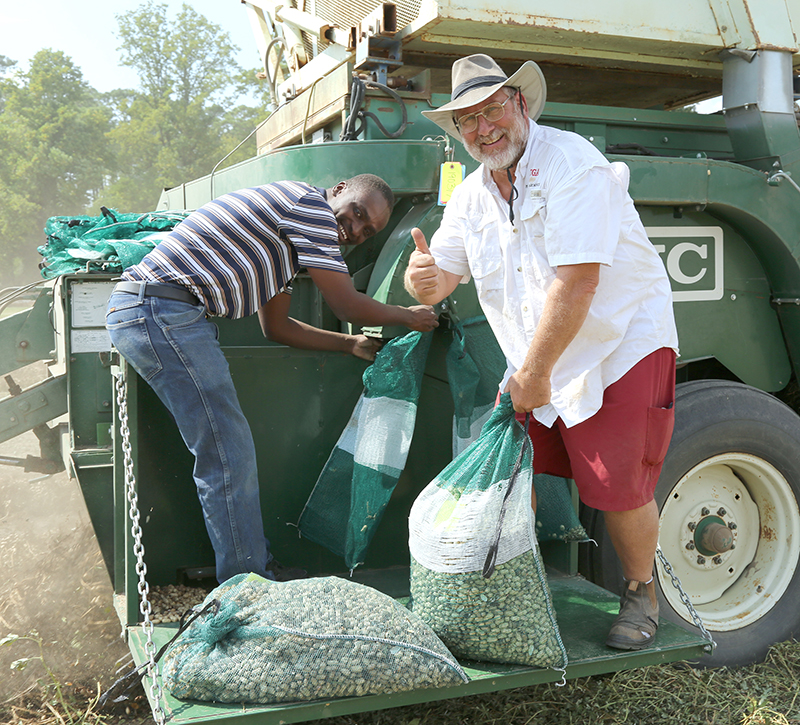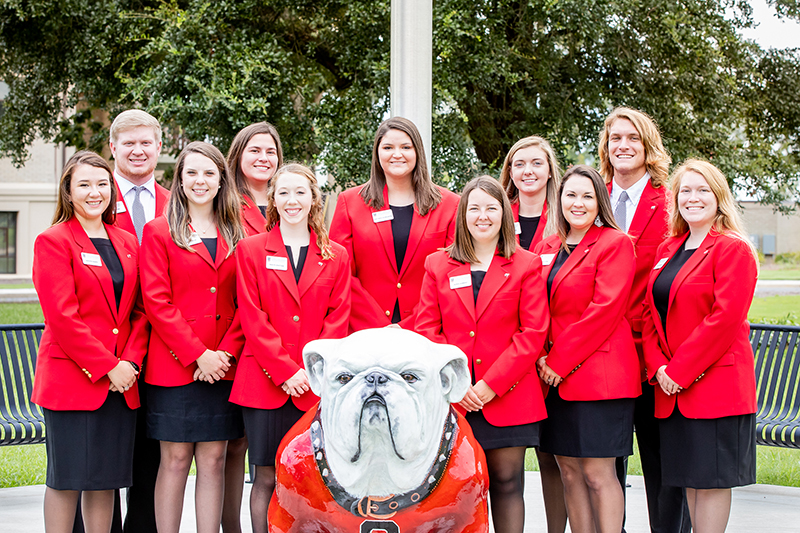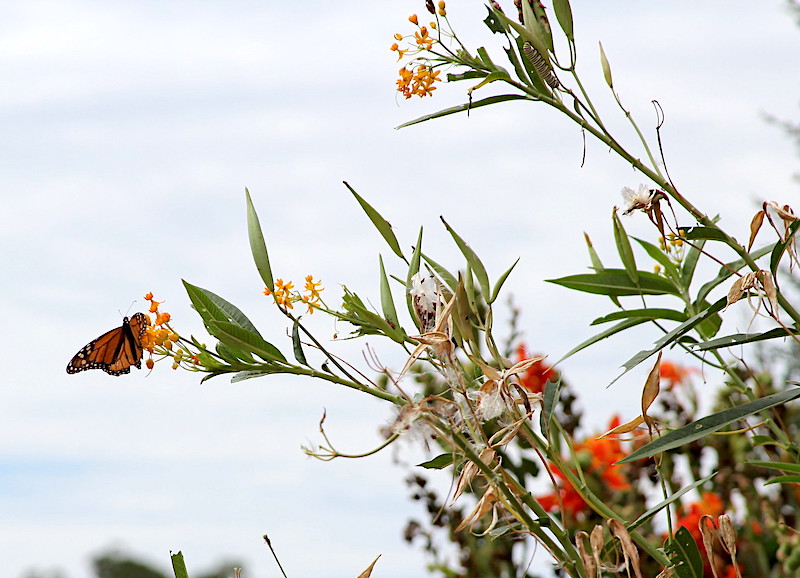 CAES News
CAES News
Monarch Butterflies
The time of the year has come when Georgians look to the sky to watch for signs of Monarch butterfly migration. These butterflies are on their way to the Sierra Madre of Mexico to overwinter on the oyamel fir trees of the area.

